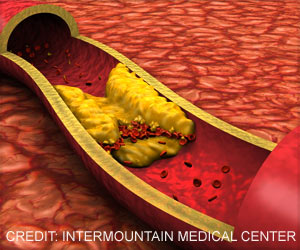The high levels of cardiovascular risk shown in the study indicate the urgent need for physical activity for those with severe mental illnesses.

In the largest study of its kind in Britain, drawing on a sample of more than 400 outpatients with psychosis, the researchers found central obesity evident in over 80% of participants.
"While previous research has demonstrated that people gain weight on starting anti-psychotics, our study of people who have had psychosis for nearly 16 years on average found no difference in the rates of cardiovascular risk between the various different anti-psychotic medications," said senior author Fiona Gaughran from King’s College London.
The researchers found that 48% of the study participants were obese, with a body mass index (BMI) of 30 or more. Additionally, nearly all women and many men had a waist circumference above the International Diabetes Federation’s (IDF) threshold for central obesity.
According to this measure 83 percent of patients were centrally obese: 95% of females and 74% of males. Central obesity refers to excessive fat around the stomach and abdomen, to the extent that it is likely to have a negative impact on health.
The majority of participants tested (57%) met the IDF’s criteria for metabolic syndrome, which is a cluster of biochemical and physiological abnormalities associated with the development of heart disease, stroke and Type-2 diabetes.
Advertisement
The study was published in the journal Psychological Medicine.
Advertisement













